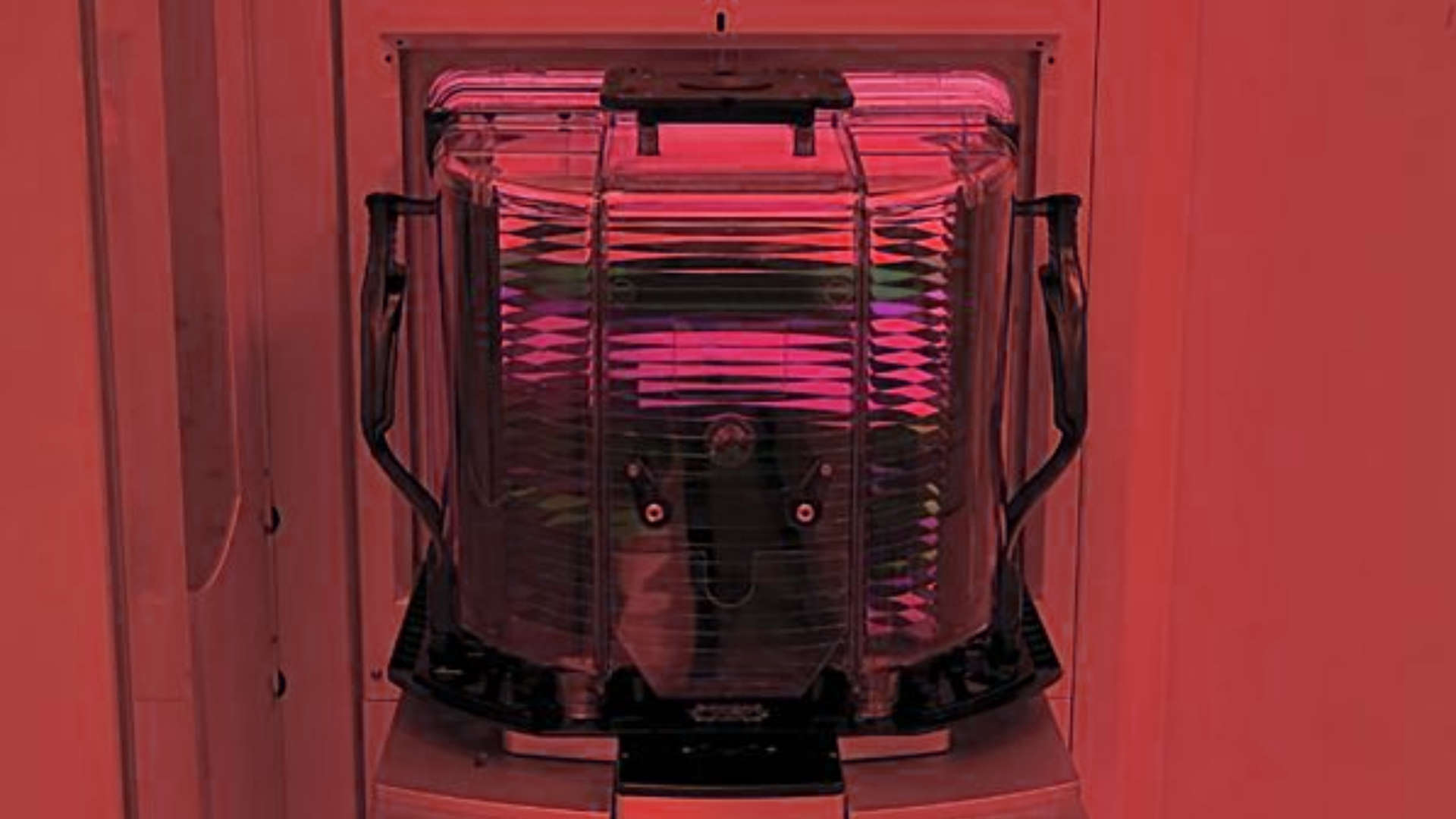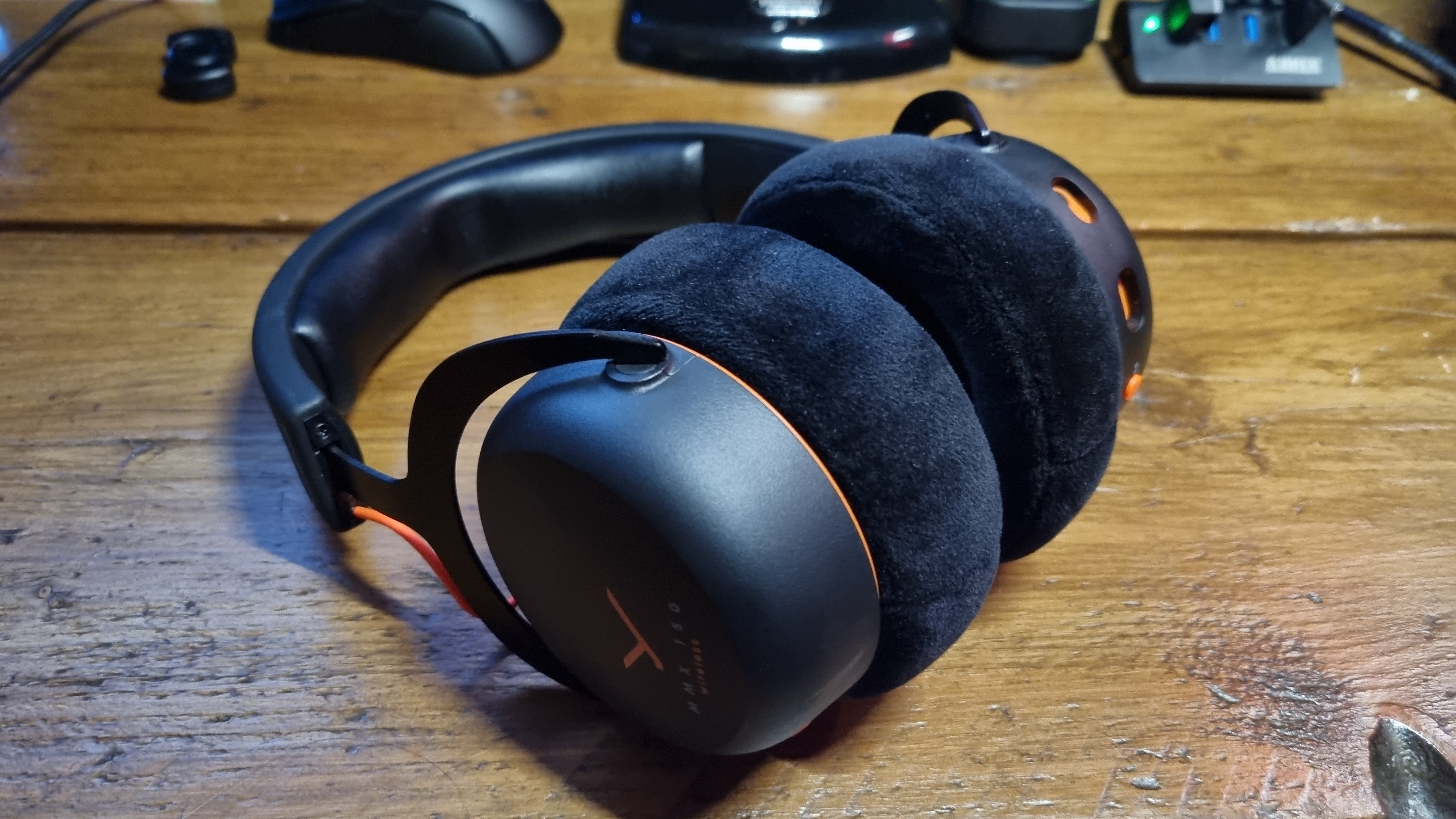TSMC and Micron now face 'red alert' for GPU, CPU, and memory production as water crisis worsens
The drought continues, with potentially catastrophic effects for the semiconductor industry.

Keep up to date with the most important stories and the best deals, as picked by the PC Gamer team.
You are now subscribed
Your newsletter sign-up was successful
Want to add more newsletters?

Every Friday
GamesRadar+
Your weekly update on everything you could ever want to know about the games you already love, games we know you're going to love in the near future, and tales from the communities that surround them.

Every Thursday
GTA 6 O'clock
Our special GTA 6 newsletter, with breaking news, insider info, and rumor analysis from the award-winning GTA 6 O'clock experts.

Every Friday
Knowledge
From the creators of Edge: A weekly videogame industry newsletter with analysis from expert writers, guidance from professionals, and insight into what's on the horizon.

Every Thursday
The Setup
Hardware nerds unite, sign up to our free tech newsletter for a weekly digest of the hottest new tech, the latest gadgets on the test bench, and much more.

Every Wednesday
Switch 2 Spotlight
Sign up to our new Switch 2 newsletter, where we bring you the latest talking points on Nintendo's new console each week, bring you up to date on the news, and recommend what games to play.

Every Saturday
The Watchlist
Subscribe for a weekly digest of the movie and TV news that matters, direct to your inbox. From first-look trailers, interviews, reviews and explainers, we've got you covered.

Once a month
SFX
Get sneak previews, exclusive competitions and details of special events each month!
Yesterday the Taiwan government issued its first water supply red alert in six years, in order to counteract the seriously dwindling reserves of the countries central reservoirs. Many areas of the country have been forced to ration water extensively, including areas that house large wafer manufacturing operations for both Micron Technology Inc., and Taiwan Semiconductor Manufacturing Co. (TSMC).

Best PC racing wheels : perfect for any circuit.
Best VR headset: which set is right for trackdays?
With the country's water supply levels running dangerously low, non-industrial users across Taichung and Miaoli County will only have access to water for five days each week, from April 6. Both TSMC and Micron operate out of the affected areas and depend on a stable water supply for several steps in the wafer manufacturing process. TSMC's Hsinchu headquarters have not been subject to further restrictions so far though.
What the restrictions could mean for the semiconductor industry is as yet unclear, though it does have the potential to exacerbate a host of already critical global component shortages. Interruptions at this juncture would stunt production efforts, affecting companies like Intel, AMD, Nvidia, Apple, Kingston, and many more.
TSMC has been running drills in order to prepare for the worst-case scenario and is planning to increase its reliance on tankers for water. Last month we saw Tainan go into orange alert, prompting TSMC to run emergency maneuvers.
There was no word as to whether these operations were successful but, according to Bloomberg, TSMC claims that "the new restrictions would not affect operations." This reassurance comes from an emailed statement, and the article notes that "a Micron representative in Taiwan declined to comment, saying the company is now in a quiet period."
There is hope on the horizon at least, as the rainy season should be on its way and the water levels should start to see an improvement come early summer. Fingers crossed the semiconductor industry can stay afloat in the time being.
Keep up to date with the most important stories and the best deals, as picked by the PC Gamer team.

Having been obsessed with game mechanics, computers and graphics for three decades, Katie took Game Art and Design up to Masters level at uni and has been writing about digital games, tabletop games and gaming technology for over five years since. She can be found facilitating board game design workshops and optimising everything in her path.

